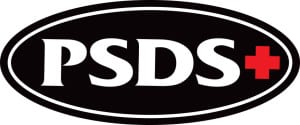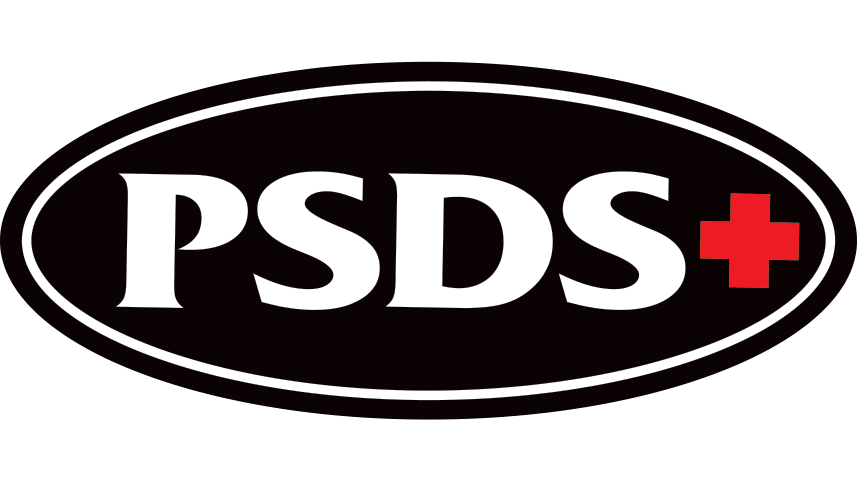
We examine incidents from the past that may be indicative of future outcomes. We teach the department simple drills to stay focused. We focus on communications, hand signals and effective whistle signals that minimize rescuer task overload. We realize that more victims are seriously injured from the point of extrication to the ambulance. We teach proper handling and care of your victims. We emphasize the importance of pre-planning for the response area.
By the end of this course, the rescuer will have gained the knowledge and the skills necessary to be a safe and effective surface ice rescue technician. We offer the latest techniques that are in use and examine why older methodology may put rescue technicians at risk. We guarantee you’ll be a safer first responder.
Limon Fire Area Protection District Flyer
- Proper donning of protective gear
- Victim extrication
- Patient handling
- Self-rescue scenarios
- Team operations- Who should be doing what?
- Write an effective SOP and SOG
- Advanced equipment and rescue techniques
- Stages of hypothermia and its effects on rescuer and victim
- Safer animal rescue techniques
- “No go” incidents examination
- Victim Assessment
- U.S.C.G. Cold Water Boot Camp study
- Study – Why Ice Rescues fall apart
- Awareness, Operations, Technician responsibilities




